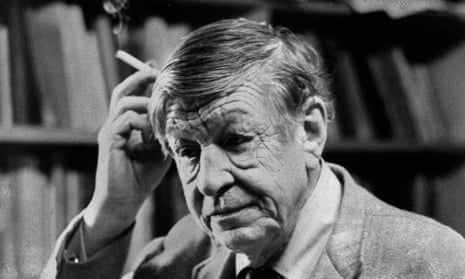My granddaughter has renamed her gerbils. They are now called Joey and Chandler, after the two chaps in Friends, of which she owns a box set. The gerbils live in a dirt-floored box known as a gerbilarium: a word she likes. Not long ago, one of the gerbils disappeared into the dirt. Pregnancy was suspected. I warned her that gerbils have lots of babies and that there was a threat of gerbilisation. There would be all kinds of gerbils. Verbal gerbils: good at words. Herbal gerbils: averse to nicotine.
I didn’t tell her about the fanatical rightwing Goebbels gerbils: too grown-up an idea for her, although Friends, when you think about it, is pretty grown-up, too. Just as she was readying herself for the onset of gerbilisation, it turned out both the gerbils were definitely male. Hence their new names.
At her age, names matter, like music. It pleases her that her new favourite swing number is called Pennsylvania 6-5000. Long ago, when I first saw The Glenn Miller Story, I was pleased the same way. Words could be music.
WH Auden once said that all real poets start off by being fascinated by the sound of words, but later on they have to grow out of that and start to care about the sense. In that respect, Edith Sitwell never grew up. Her would-be serious poetry was ruined by trivial sound effects. But her would-be trivial poetry could be marvellous, especially the sequence called Façade. Not long after I got to London, I saw a recital of it, complete with orchestra, at the Royal Festival Hall. One of the reciters was the poet herself, typically decked out in flowing robes plus a large soft hat like a golden television pouffe. She was getting on by then, but you could tell she still relished the syllables. Auden would have been obliged to admit that the old girl was a crowd-pleaser. Poetry has to get the audience’s attention in the first instance.
Last week on University Challenge, a team from Oxford failed to recognise photographs of Auden, TS Eliot and WB Yeats. The contestants were young and might learn better one day, but here was clear proof that poets in the free countries don’t get famous. If Sitwell had worn St Paul’s Cathedral for a hat, she still wouldn’t have been Madonna.
No reason to despair: poets in the unfree countries might sometimes wish to be less famous than they are. The Tehran Islamic Prosecutor has just sentenced the young poet Fatemeh Ekhtesari to 11 and a half years in jail plus 99 lashes. In his opinion, “she writes something but means something else”. I haven’t yet read her poetry, but her bright eyes remind me of my granddaughter.

Comments (…)
Sign in or create your Guardian account to join the discussion